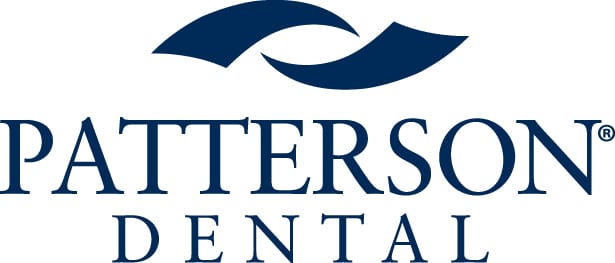By: Zach Sisler
Photography is a skill that often gets overlooked by recent dental school graduates, but it can be an essential tool at every step of running your practice.
If you’re an esthetic dentist or trying to advertise on social media, taking a good picture is a skill you need for obvious reasons. But even those of us with traditional practices can benefit from learning the basics of digital photography.
Benefits of Dental Photography
In broad strokes, there are two ways in which a dentist can use photography: internal and external. In other words, you can use photography to hone your own technique and to communicate with patients.
Communicate with Patients
It can be difficult to explain certain problems or procedures to a patient; helping them visualize exactly where their tooth is cracked or what needs to be repaired might be impossible without a visual aid. But a picture speaks a thousand words! If you can simply show them the problem, it will click much more easily and you’ll be able to work more openly with your patients.
Improve your Technique
Photographs are a phenomenal tool for communication, but they’re also incredibly useful even if you’re the only one using them. There’s a lot more to learn than what they teach you in dental school; every patient, in fact, can be a learning experience if you’re consistently critical of yourself. You can’t only judge your work by how your patient feels when they leave the chair.
By the next day, you might have forgotten any minor errors and assumed you did perfectly; in reality, there might be something to learn. By taking a set of “before” and “after” photos, you can understand exactly what you did right and where you might need to improve. Having a concrete point of reference is the best way to make sure you never make the same mistake twice. It’s something that you’ll use to grow and refine yourself throughout your entire career.
Build your brand
Photography can also be a central part of building your brand, especially if you’re a specialized dentist. Being able to show your best work off is essential, and it can be the best way to advertise. Plus, if a patient can show off their “before” and “after” photos, you can get a lot of patients through word-of-mouth. You don’t have to be an expert, but you should understand the fundamentals of what makes a photograph pleasant; this typically boils down to light and framing. Make sure the teeth are well-lit and the important details are clearly legible. Make sure that the attention is on what you want to show off: the teeth!
And it might go without saying that everything should look clean and polished — don’t take the “after” photo right after the patient leaves surgery! Also, ask the patient’s permission to take a photo of their full smile. Not everyone wants their face to be shared, but if they allow you, it really helps to have a photo that puts your work in context.
IntraOral and Digital Cameras for Dentistry
It doesn’t take a lot of expensive equipment to take great photographs — in fact, there are only two things that are really necessary. The first is an intraoral camera, which most practices already have. These are useful but very simplistic. They can only take a picture of one tooth at a time, and sometimes that’s all you need to illustrate a problem to a patient.
However, you’ll probably want an additional camera with a wider scope. In this case, a digital SLR (DSLR) camera will be your best bet. This camera will be more useful for advertising or showing more than one tooth — any situation where you need to visualize the whole mouth.
All in all, learning the basics of digital dental photography can be an exceptionally rewarding process. A photograph is a great way to communicate with patients and push yourself to improve and build your brand with minimal overhead.
Photo by Rachel Claire


